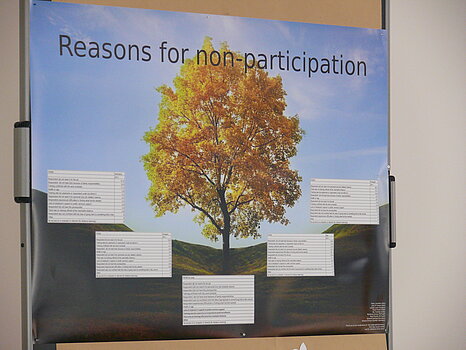Group 2: Adult Learning and Adult Education Participation
Adult Learning and Adult Learning Participation
Dr. Erik Haberzeth, Technical University of Chemnitz, Germany
Prof. Ajay Kumar, Jawaharlal University, India
Dr. Valentina Grion, University of Padua, Italy
Adult learning is at the heart of all adult education practice. On the different levels of action and across different forms of education (basic education, continuing professional education, political education etc.), enabling adults learning can be understood as the focus of adult education. Thus, the question of how adults learn and why (or why not) they participate in adult education is of great importance for everybody who is engaged in this field. Empirical data show that certain groups participate more than others do. A diverse range of barriers can lead to non-participation; the concept of barriers is complex and wide ranging. The question of this group is to figure out, what (kinds of) theories of adult learning and participation are popular in different countries and to explain those barriers to adult learning. Furthermore, we will focus on the engagement of different countries foster participation in adult education.
During the comparative group work we will focus on the following aspects (focus of country reports):
- Which theories explain participation in adult education? What models for (non)participation have been developed?
- What legislative background concerning participation in adult education exist? What political actions and developments can be observed in your country?
- Are there any special programmes, projects and activities concerning resources (e.g. time, money, guidance)?
- What is the role of the state and other partners regarding participation in adult education?



